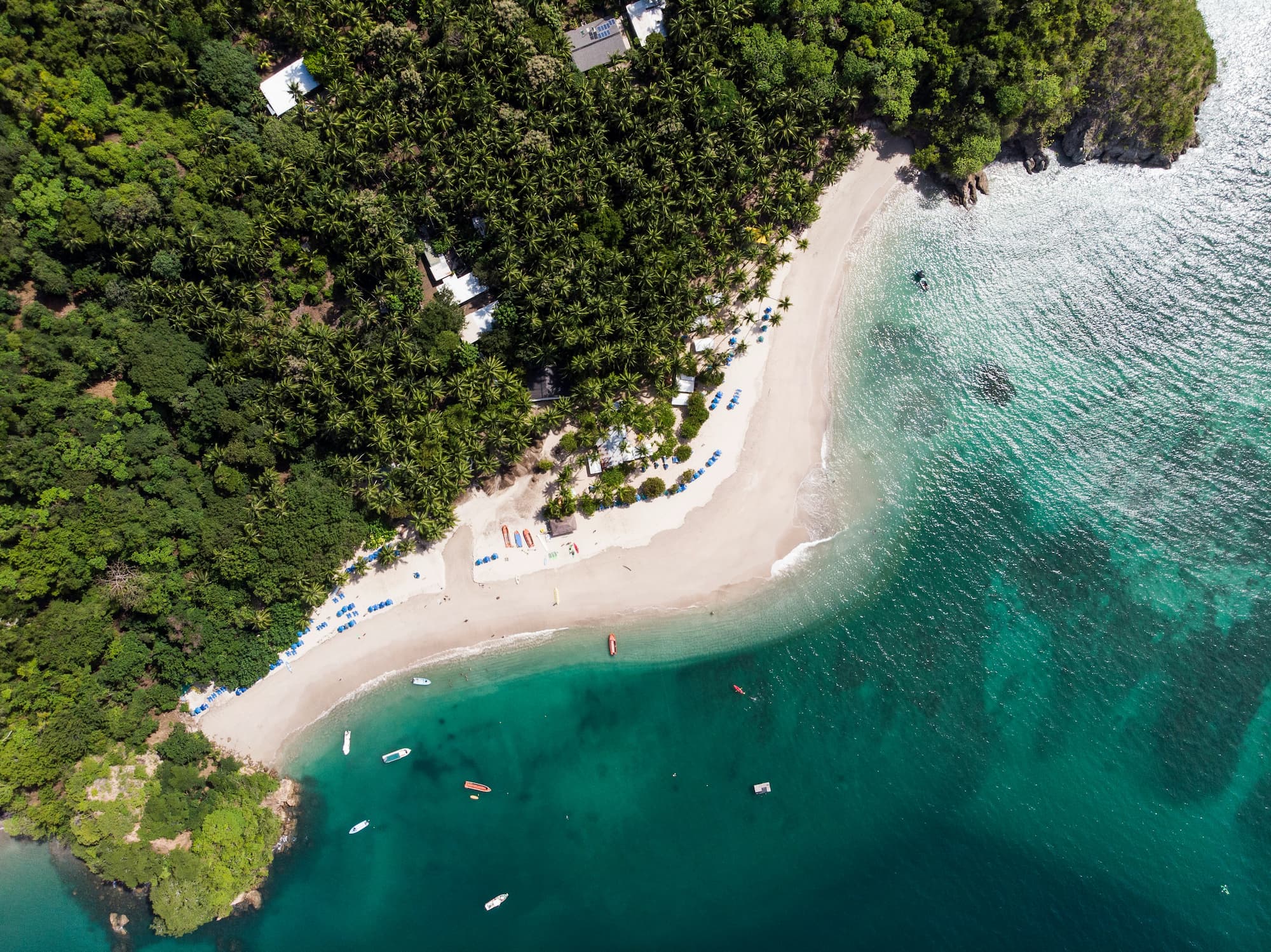On December 10, the U.S. Department of State issued updated travel advisories for two popular Central American destinations: Honduras and Costa Rica. These countries are frequently visited by travelers, often serving as key stops on cruise itineraries, and safety concerns are a common topic of discussion among tourists.
The new advisories come as part of the State Department’s ongoing effort to keep U.S. citizens informed about potential risks while traveling abroad. Here’s what you need to know about these latest updates and how they may affect your travel plans.
Costa Rica: Level 2

Costa Rica has been raised to a Level 2 Advisory, urging travelers to “exercise increased caution.” The change comes in response to a rise in crime, particularly in tourist areas. While petty theft remains common across the country, violent crime, including armed robbery, homicide, and sexual assault, has also been reported, affecting both locals and visitors.
Despite the increased caution, this advisory does not suggest avoiding travel to Costa Rica. Instead, the U.S. Department of State encourages visitors to stay vigilant by being aware of their surroundings, avoiding displays of wealth, and walking in groups whenever possible.
Honduras: Level 3

Honduras has been elevated to a Level 3 Advisory, urging travelers to “reconsider travel.” This advisory reflects growing concerns over crime, particularly in certain areas of the country. The U.S. Department of State specifically warns against traveling to the Gracias a Dios Department and most of the eastern regions due to widespread violent gang activity. Crimes such as extortion, violent street crime, rape, narcotics trafficking, and human trafficking are prevalent, and local authorities often lack the resources to effectively respond to serious incidents. Additionally, frequent demonstrations in these areas have the potential to turn violent.
However, there is a slight silver lining for those still planning to visit. The State Department notes that resort areas in the Bay Islands, including Roatan, Utila, and Guanaja, are better policed, with more concentrated resources in these tourist hotspots.
To stay up-to-date on the latest travel advisories, keep up with the State Department’s website and enroll in the Smart Traveler Enrollment Program.




